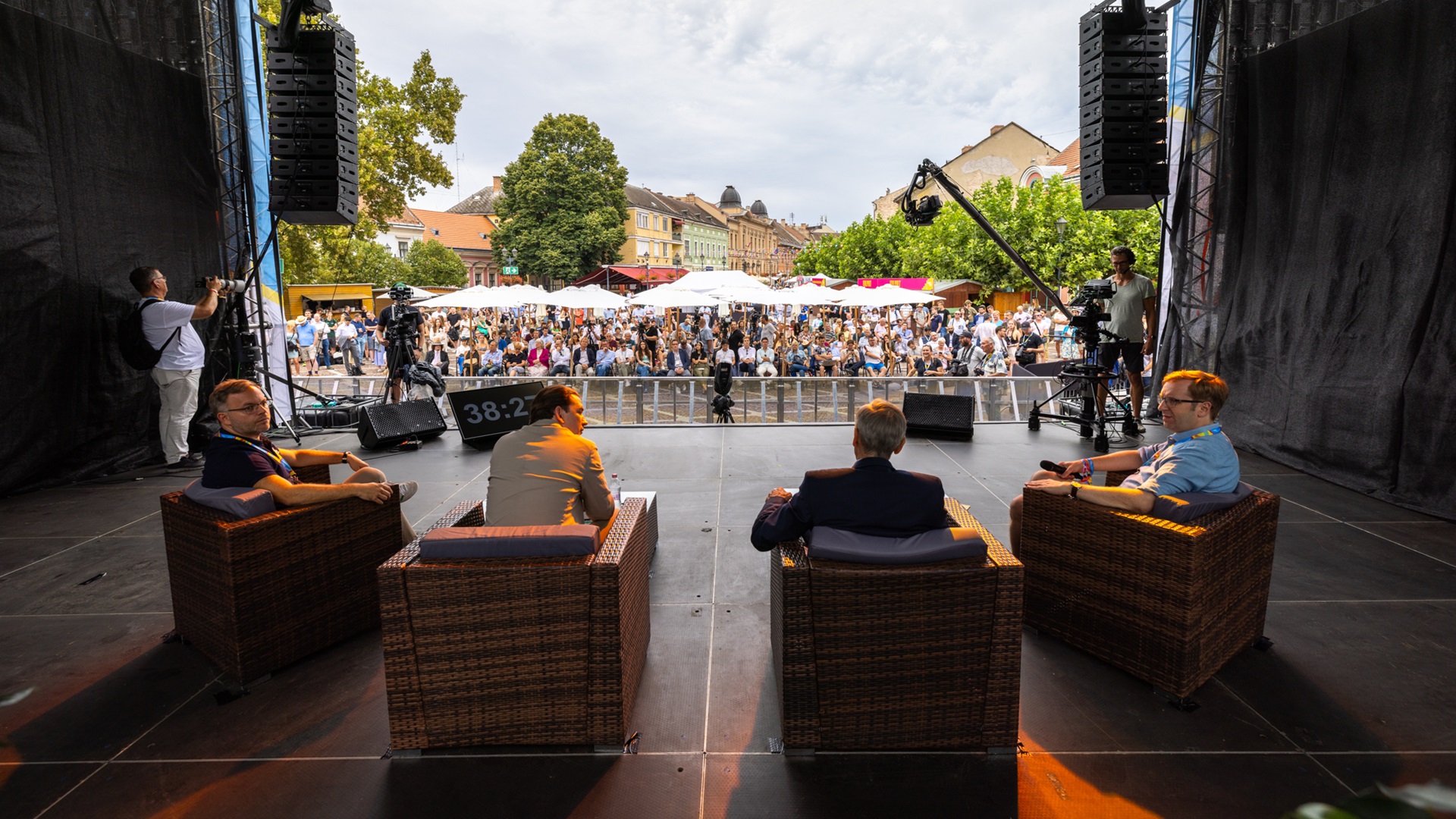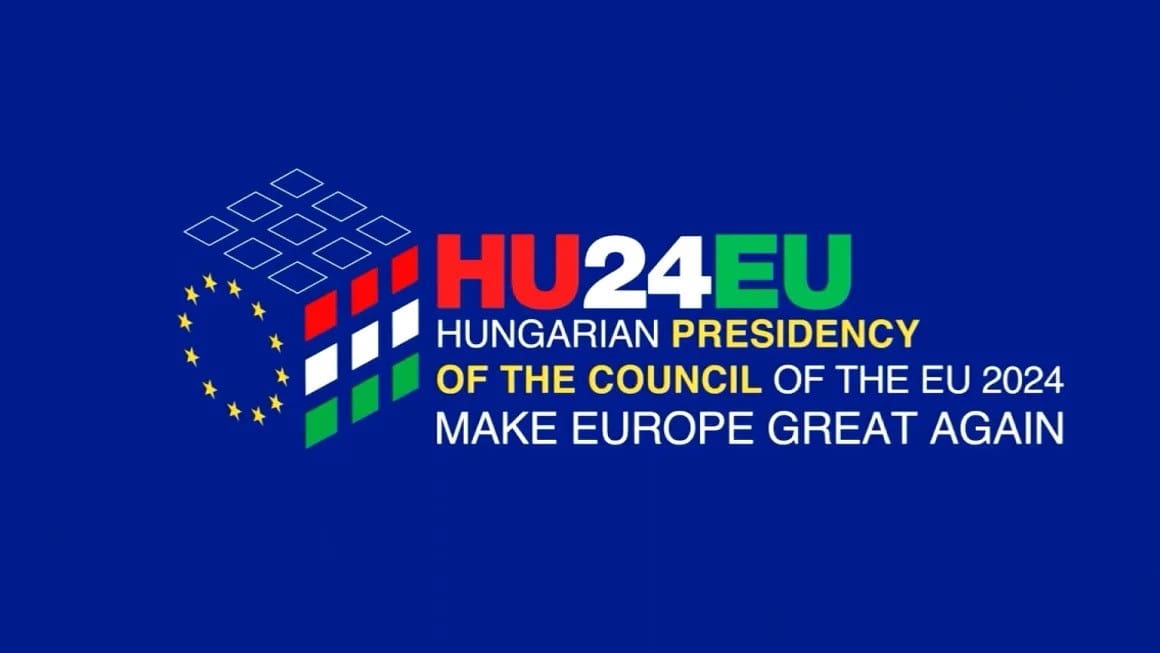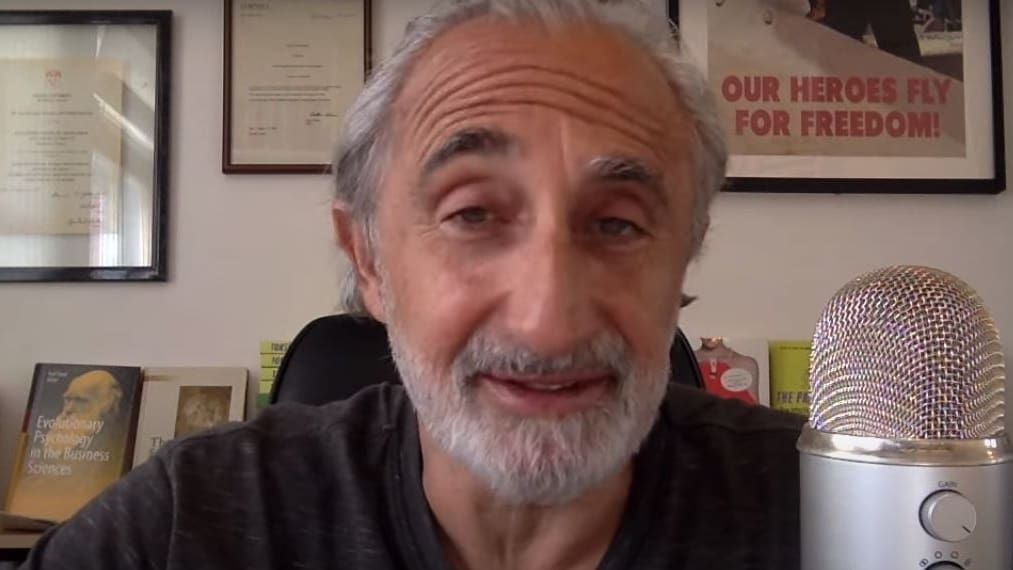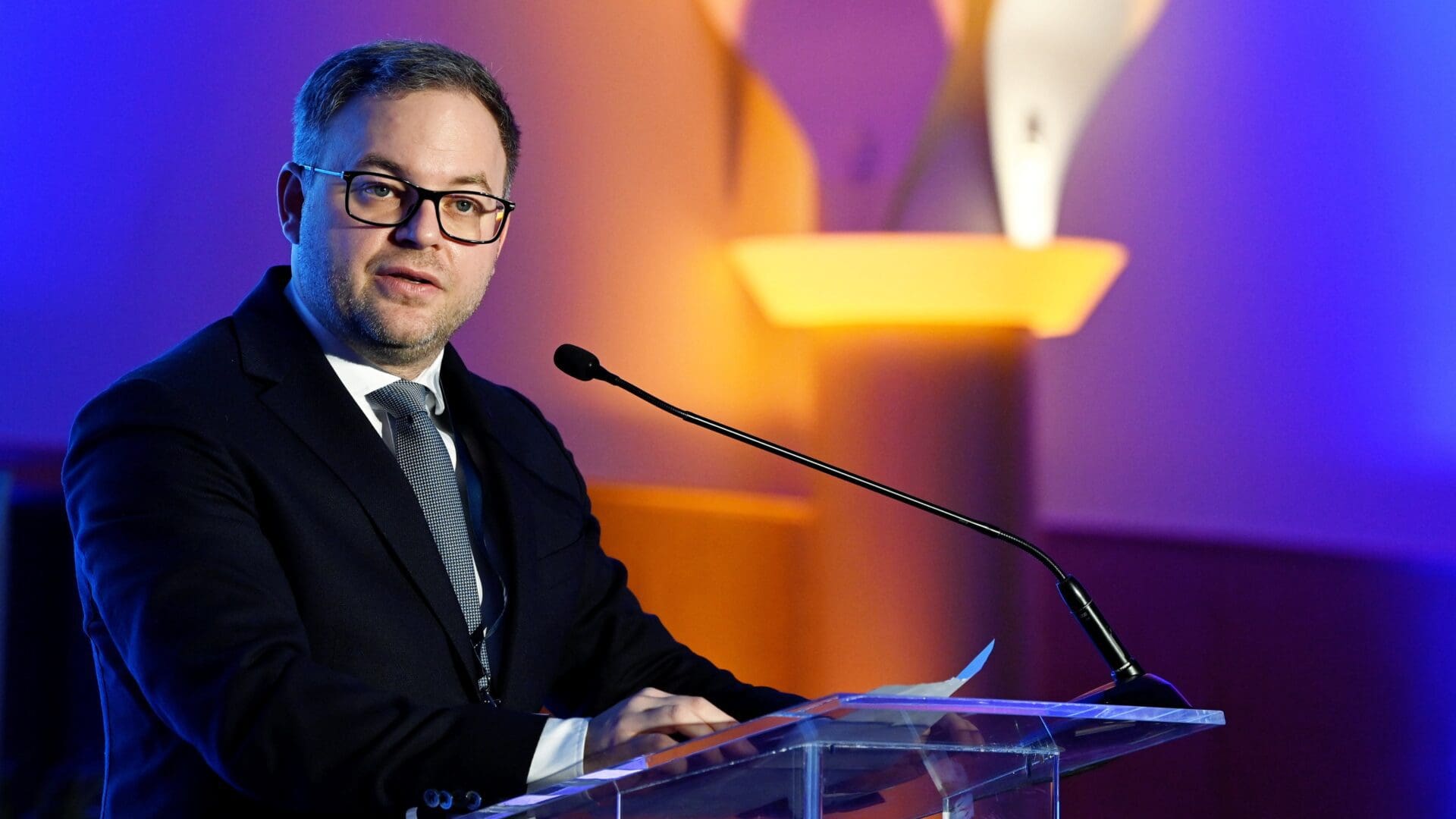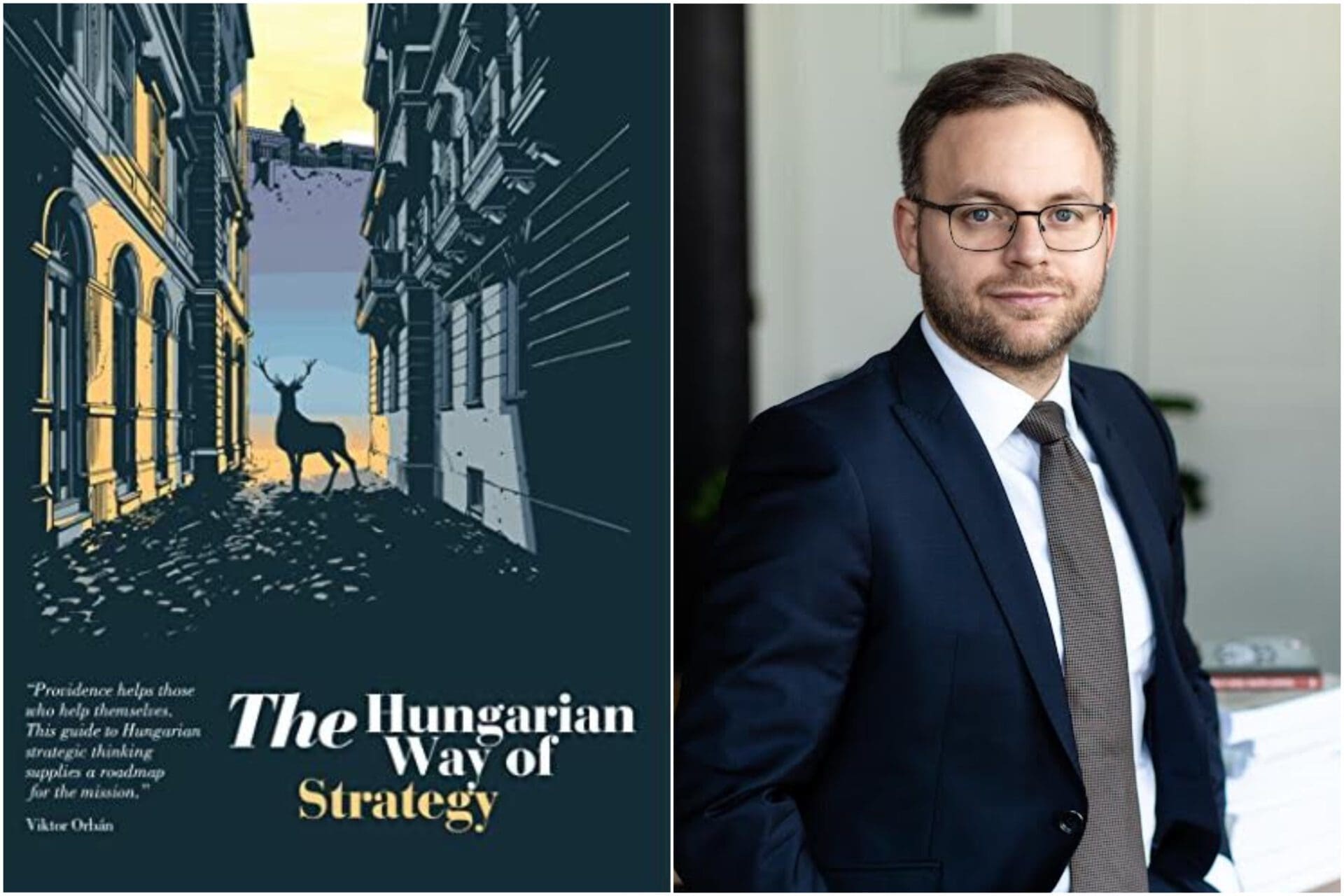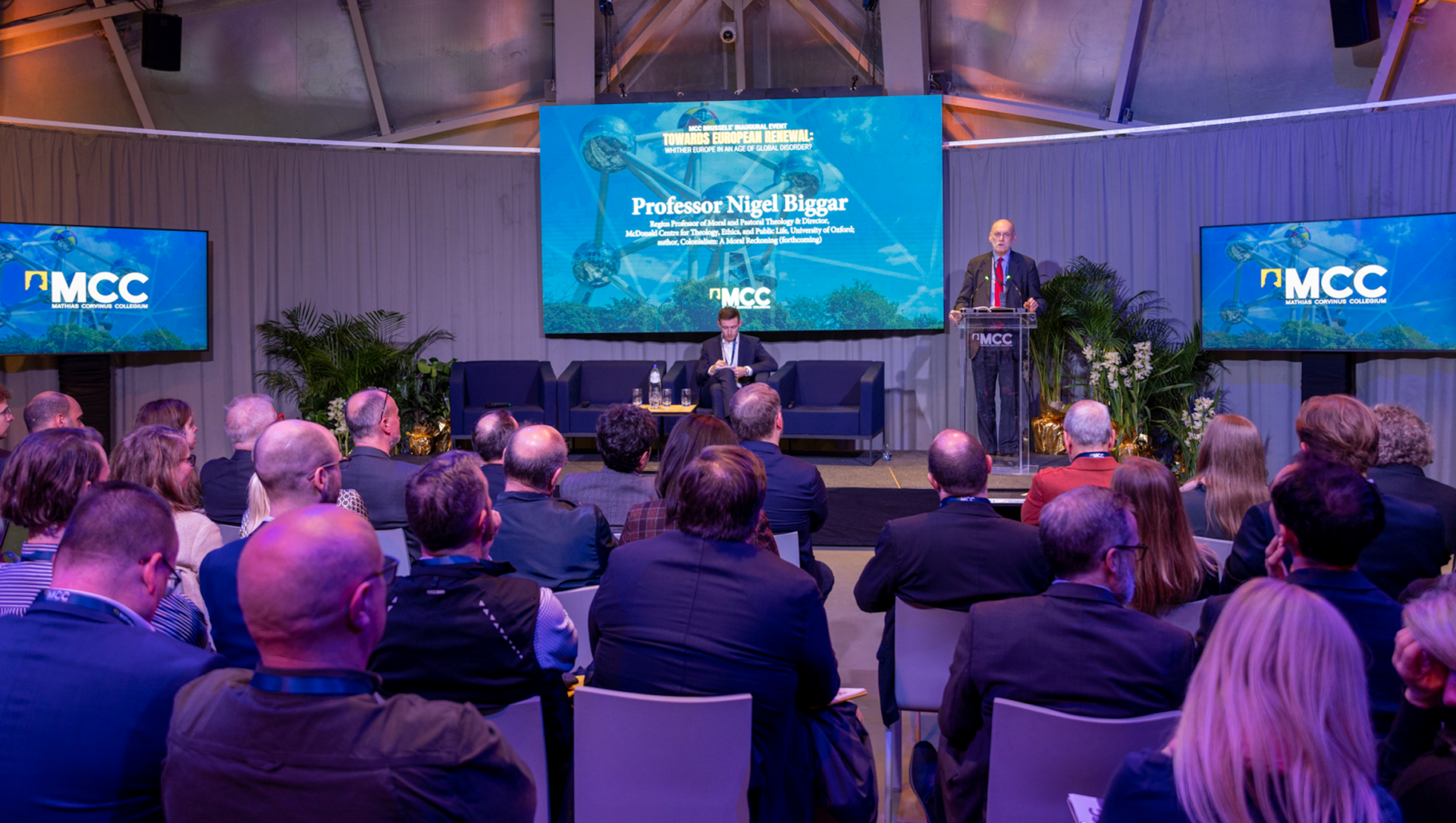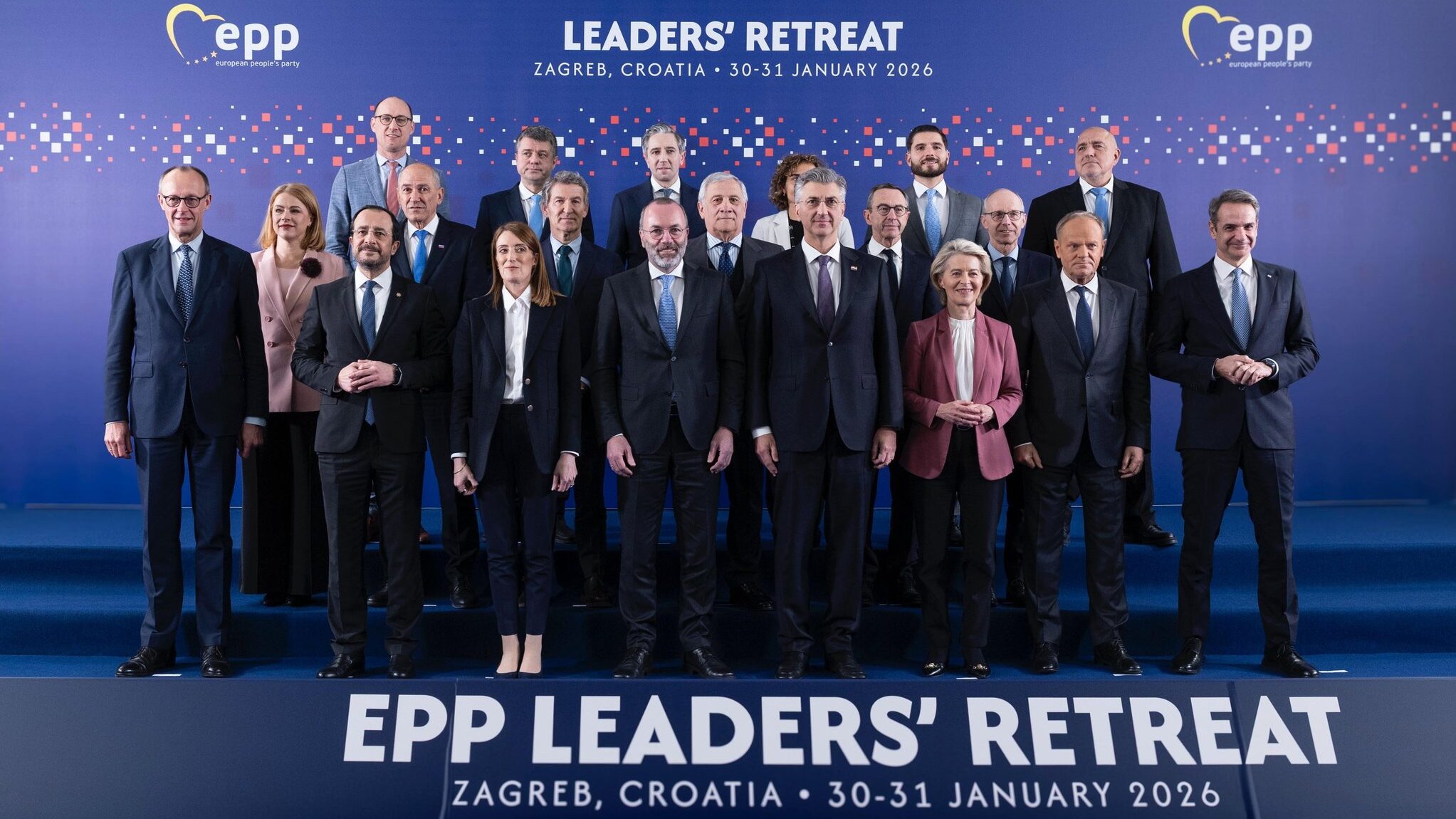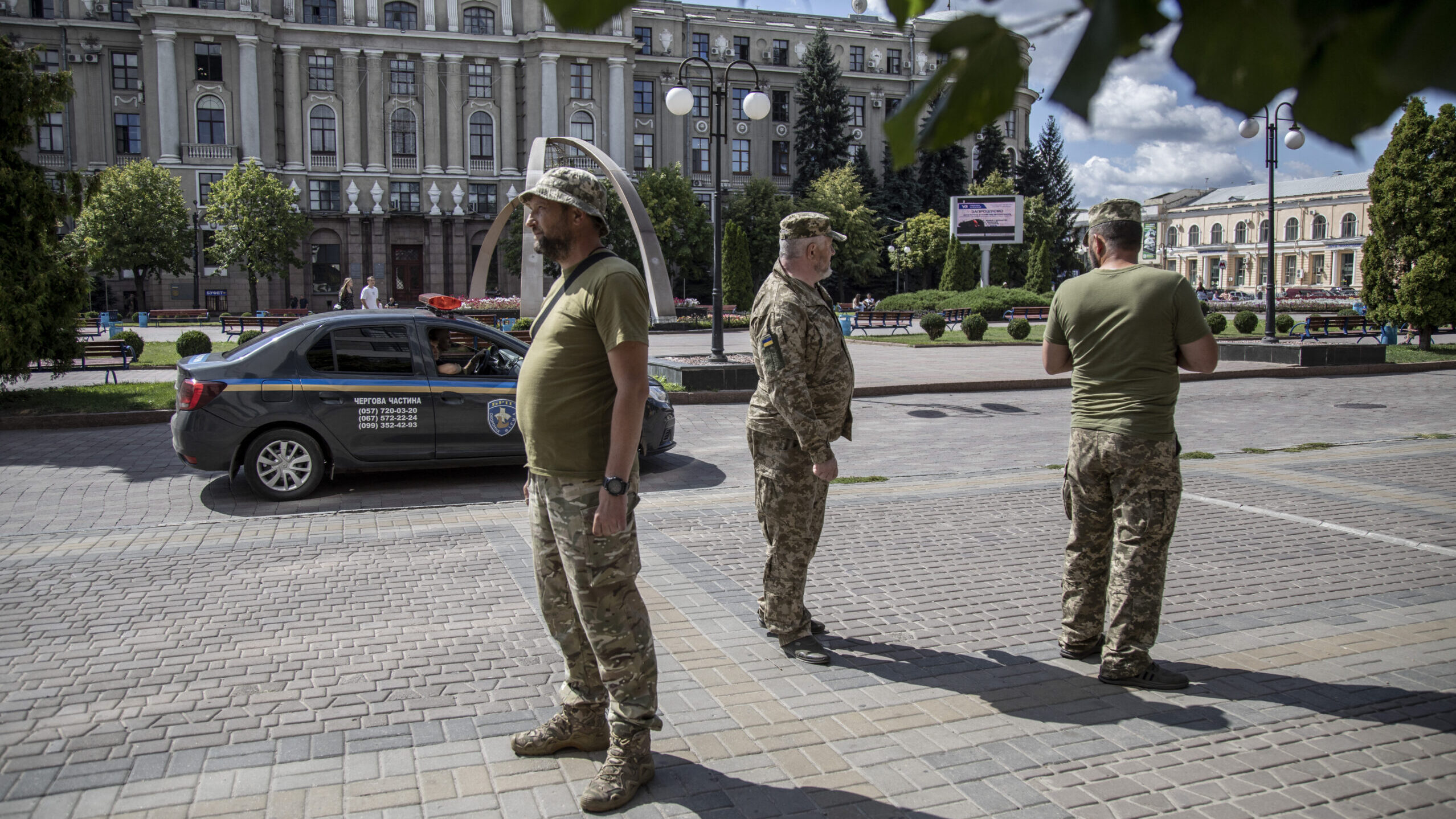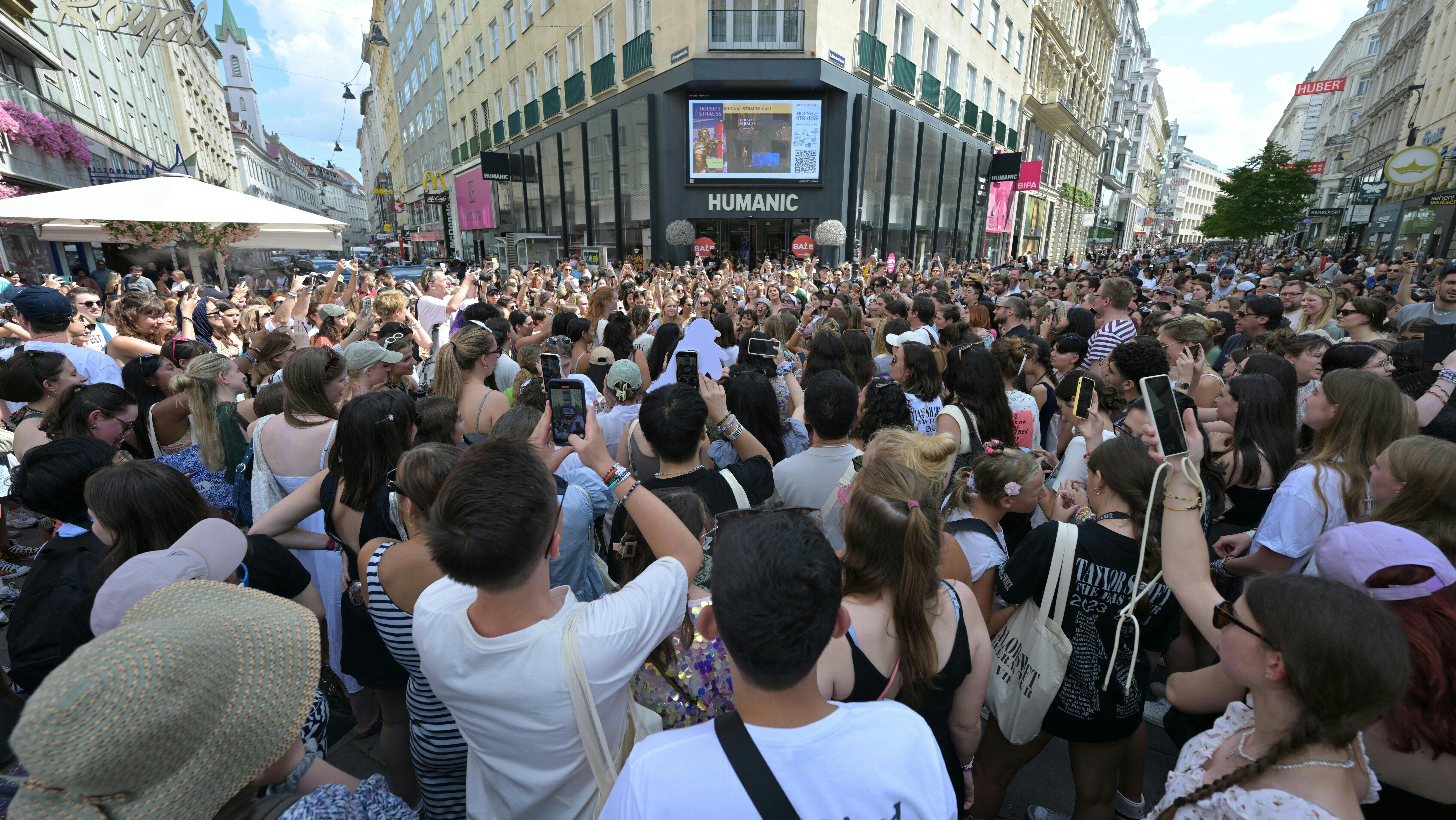
Cancelled Taylor Swift Concerts in Vienna Highlights Serious Consequences of Brussels’ Migration Policy Failures
The cancellation of American singer Taylor Swift’s three concerts in Vienna due to a terror threat has once again highlighted the serious consequences of Brussels’ flawed migration policy. Balázs Orbán, the political director of Hungarian Prime Minister Viktor Orbán, emphasized the need for a fundamental change in the Western attitude towards the future of our society and culture to protect our children.

